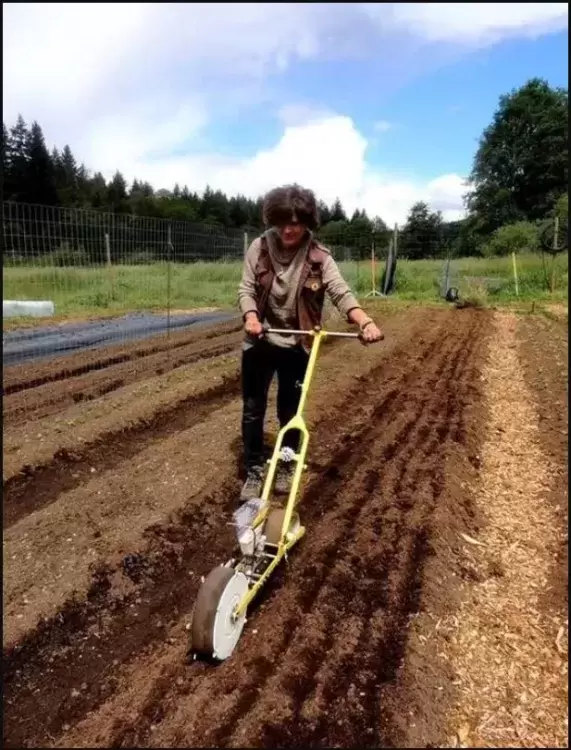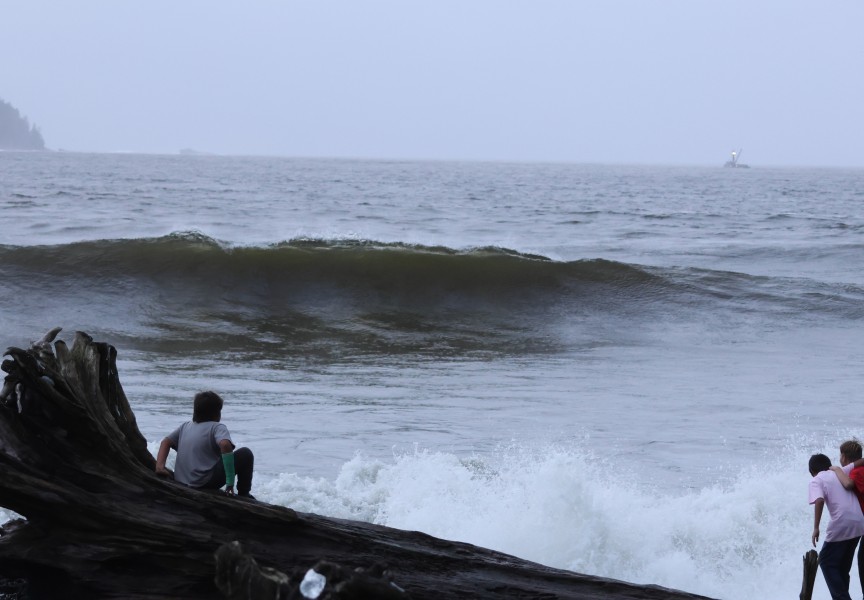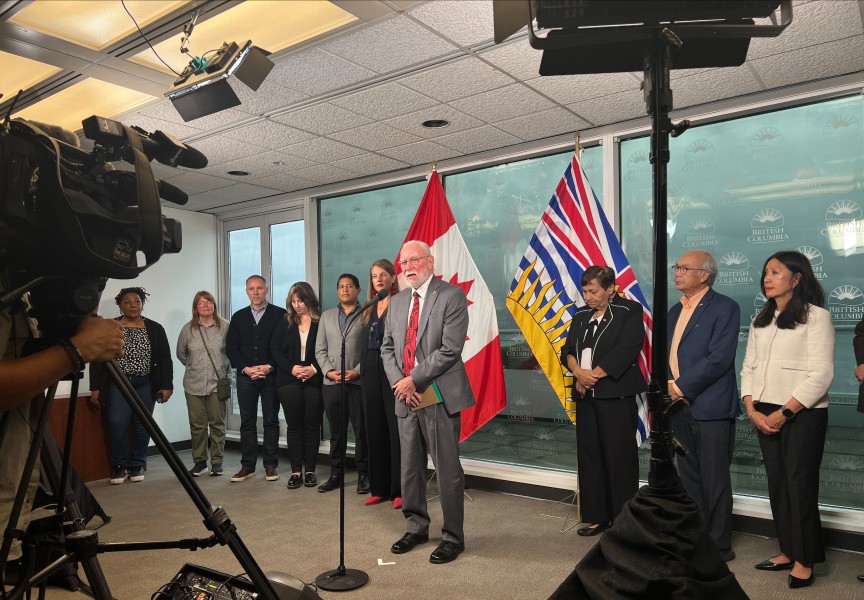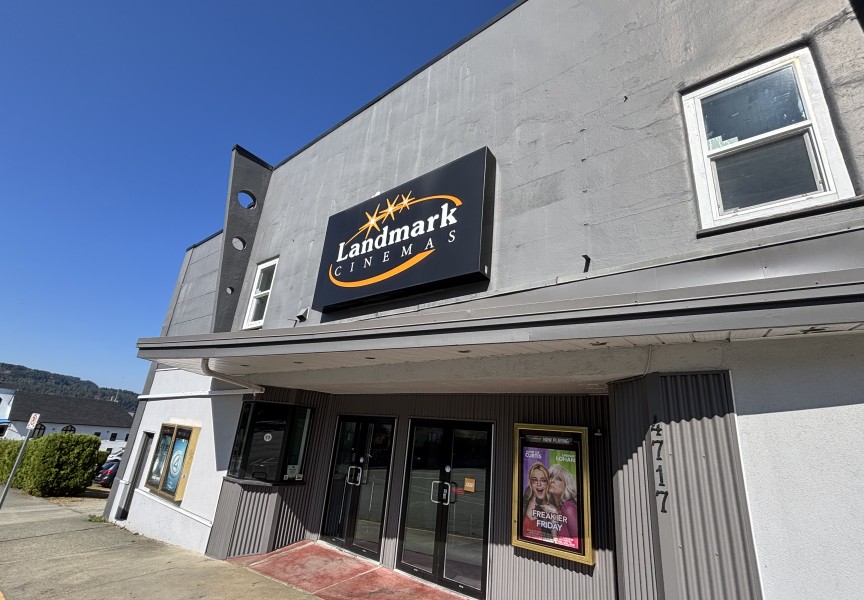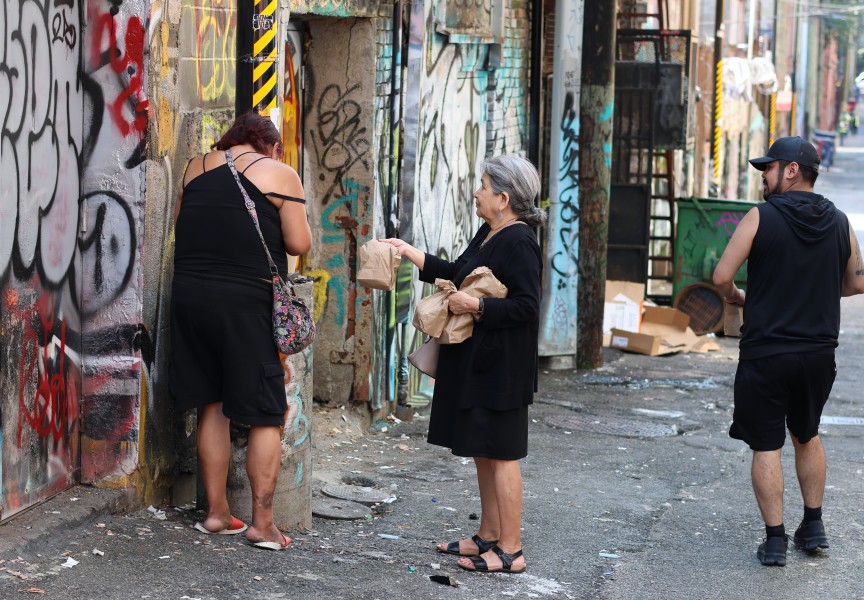The Port Alberni Shelter Society (PASS) has received $1 million in funding from the provincial government for six long-term recovery beds for women.
The province recently announced $13 million for more than 100 new adult treatment and recovery beds in 14 organizations for people struggling with substance-use challenges in B.C.
The six beds in Port Alberni will be located at the Port Alberni Shelter Society’s new Therapeutic Recovery Community located at the Shelter Farm, about 10 minutes from Port Alberni at 725 Franklin River Road.
Wes Hewitt, PASS executive director, said the six recovery beds will be part of a three-year program.
“We’re moving towards opening a therapeutic community and generally most therapeutic communities are a two-year or longer stay because it takes time to make a major change in someone’s life,” Hewitt said. “When you come out of treatment at 28 or 45 or 60 days you’ve got hopefully the tools to start to make a change in your life but you need those ongoing supports to make sure that it happens. That’s the idea of recovery beds.”
Hewitt said the success rate of recovery and moving toward an abstinence base is much greater if the recovery process is long term.
In a PASS report, it states Therapeutic Recovery Communities are proven approaches for treatment of addiction and trauma, and re-entry into the broader community. These communities are a longer-term residential treatment option that helps individuals heal wholly and have success rates as high as 76 per cent.
Hewitt said the therapeutic community will open in April and will only be available for six female individuals for now. He said PASS is working with other government agencies and Island Health for referrals for the program. Therapeutic Recovery Communities are free for residents to attend.
“Within the recovery model there is education, as in skills and empowering the individual so that when it’s time that they graduate from the program they have a job, something that can pay the bills and they have a home to go to,” Hewitt said. “They’re not just dumped on the street or dumped back into the same situation that they were in before.”
There is currently no Therapeutic Recovery Community on Vancouver Island for women in need of support.
“We’re excited. We’ve identified gaps in services in the community for years and we’re to fulfill those needs and this is one of the things,” Hewitt said. “From first contact with an individual we can now work through everything from housing to treatment to entering back into the community as a productive person in society. Hopefully we can make some positive changes in some individuals’ lives in our community.”
Of the more than 100 beds receiving funding from the province, 46 will be new spaces in existing treatment and recovery organizations. The remaining beds will be converted from private-pay beds to fully funded public ones for people who cannot afford private rates and to help cut wait times for public treatment. Funding was allocated in two streams to residential treatment services and supportive recovery services.
A news release from the Ministry of Mental Health and Addictions states the additional beds will increase access to addictions treatment and recovery bed-based services in every health authority by bringing beds into the public system. The beds will also help to address long-standing service gaps for Indigenous peoples, women, rural and remote communities and people transitioning from corrections.

